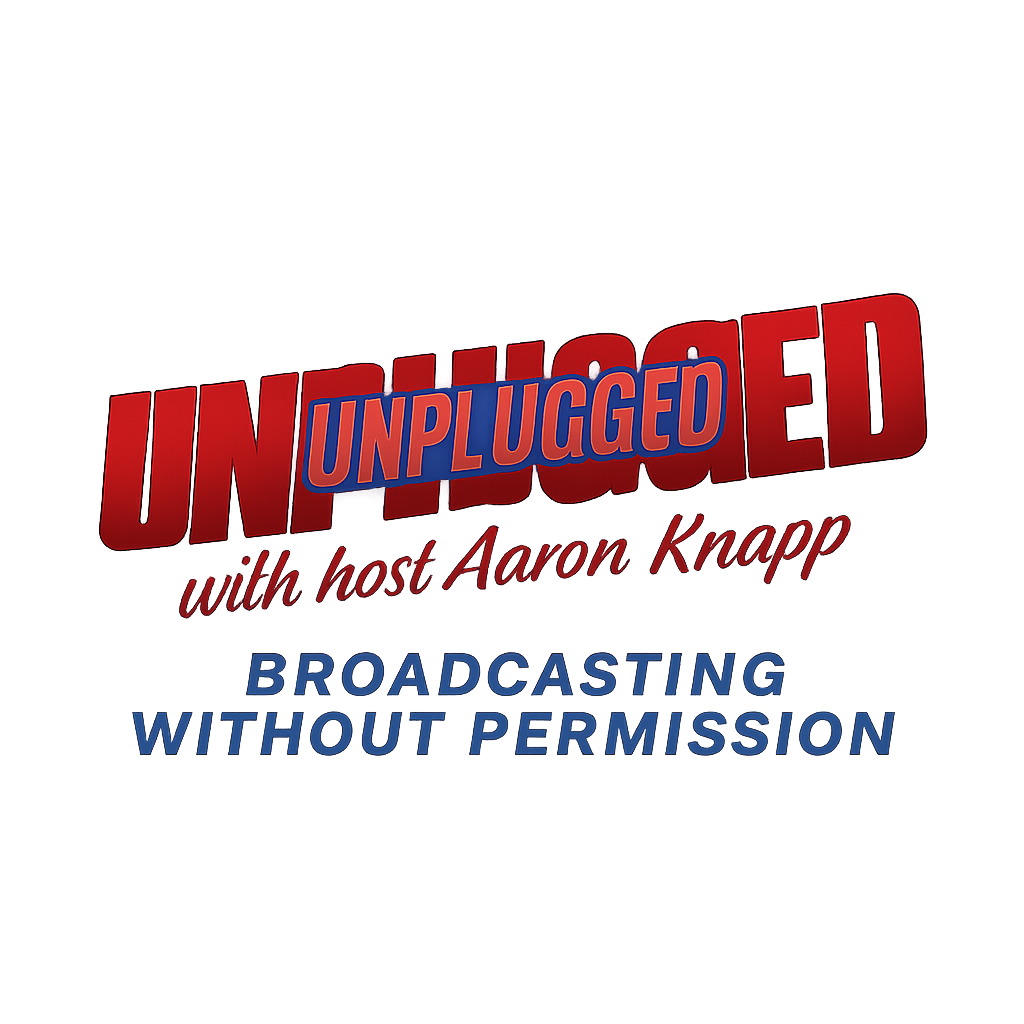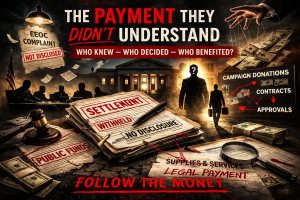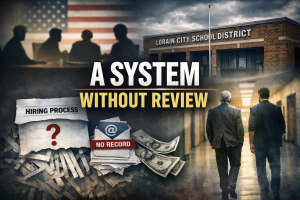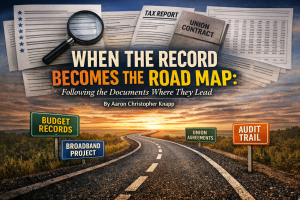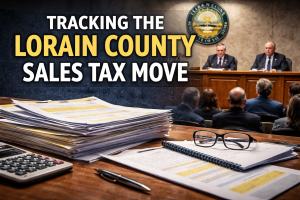Episode 12: The Policies They Preached—And Broke

How Chief McCann’s Violations Outranked the Officer He Fired
Apr 30, 2025
✍️ Written by Aaron C. Knapp
Investigative Journalist | Lorain Politics Unplugged
Disabled Veteran · Advocate · Government Watchdog
Aaron Knapp is a former licensed social worker and longtime public-sector advocate now serving as an investigative journalist covering Lorain-area government, law enforcement, and political corruption. He is the founder of Lorain Politics Unplugged. His reporting is grounded in verified documents, legal analysis, and public accountability.
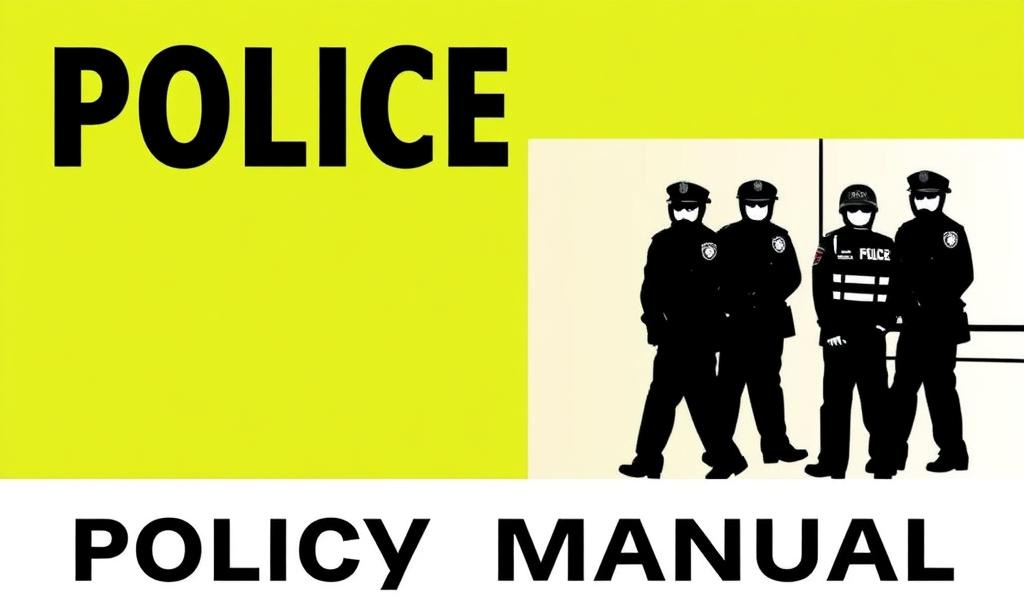
I. The Manual They Swore to Uphold
Every Lorain Police officer swears an oath—not just to the Constitution, but to the department’s policy manual. It’s not symbolic. It’s enforceable. It governs hiring, discipline, ethics, and how power is exercised. But under Chief James McCann, that manual was weaponized, not followed.
“You’re damn f—— right I can do that! That’s my f—— name! I can write them, and I can break them!”
— Chief McCann, as quoted by Officer Baez (OPS Interview)
That quote wasn’t metaphor. It was a confession. From the top down, McCann led by fear, threats, and favoritism. Internal affairs documents, including over 383 pages of OPS interviews and attached policies, paint a portrait not of isolated misconduct—but of a command culture built on impunity.
The department’s own Policy 103 states:
“All members are to conform to the provisions of this manual. Violations shall form the basis for administrative action.”
That includes the Chief. And yet, nearly every accountability clause in the manual was violated—not by junior officers—but by the man charged with enforcing them.
II. Violating the Handbook: 16 Confirmed Policy Breaches
We’ve now documented 16 department policies that McCann personally violated—based solely on verified OPS interviews, official transcripts, and LPD’s own manual. These aren’t speculative. They are explicit breaches of written standards.
1. Bias-Based Policing (Policy 401):
Confirmed use of racial slurs and mockery of Black officers.2. Discriminatory Harassment (Policy 314):
Failure to prevent, stop, or discipline racial and sexual harassment in the workplace.3. Chief Executive Officer Conduct (Policy 101):
Stated belief that he could “break policy” at will.4. Communications with Persons with Disabilities (Policy 330):
Ridicule of PTSD symptoms and mocking injured officers.5. Crisis Intervention (Policy 433):
Failure to identify or respond to officers in psychological distress.6. Standards of Conduct (Policy 320):
Violations of ethics, respect, and public integrity clauses.7. Private Person’s Arrests (Policy 327):
Improper or retaliatory use of civilian complaints to justify internal investigations.8. Training Policy (Policy 203):
Denial of training opportunities to whistleblowers.9. Administrative Communications (Policy 205):
Use of threats and off-the-books orders like “I need Corey Earl dirty.”10. Supervision Staffing (Policy 206):
Neglect of oversight duties and internal morale breakdown.11. Department Social Media (Policy 339):
Failure to stop retaliation and online smearing of critics.12. Outside Agency Assistance (Policy 325):
Potential jurisdictional violations via off-record influence.13. Remedial Training (Policy 203.9):
Failure to provide performance coaching in lieu of retaliation.14. Promotion Training (Policy 203.10):
Improper advancement of loyalists without documented preparation.15. Daily Training Bulletins (Policy 203.13):
Failure to ensure department-wide policy comprehension.16. Training Committee Review (Policy 203.16):
No formal policy analysis of serious incidents like the KKK placard.
McCann broke more rules than many of the officers he disciplined. But the deeper irony? He broke the very rules that were meant to stop leaders like him.
III. From Culture to Command: When Failure Becomes the System
When one officer breaks policy, it’s misconduct. When the Chief breaks them all—and keeps his badge—it’s culture.
Lt. Corey Middlebrooks, the department’s highest-ranking Black officer, was demoted, retaliated against, and ultimately fired. OPS cited 19 alleged violations, many bureaucratic or unsubstantiated. He was punished for refusing to remain silent, for filing discrimination complaints, and for being “insubordinate” during a gag order.
“There’s a reason people don’t come forward. You can’t beat City Hall—especially when the guy in charge thinks policy is optional.”
— Retired LPD Officer (OPS Interview)
The contrast couldn’t be sharper. Middlebrooks tried to follow policy. McCann treated it like a joke.
Where was the discipline for the Chief’s confirmed slurs? Where was the investigation after he said he needed a “dirty cop”? Where were the consequences when officers testified—under oath—that they feared retaliation simply for speaking the truth?
The answer: there were none. Not until public scrutiny forced action.
Final Thought: The Chief with 16 Violations and No Discipline
When Lorain fired Corey Middlebrooks, they did it in the name of accountability. He had “violated policy,” they said. He didn’t show enough leadership, they claimed. He failed the standard.
But McCann violated at least 16 policies himself, including those central to ethics, training, and discrimination. The only reason he wasn’t fired first was that he made the rules—and broke them behind closed doors.
“Middlebrooks was fired for alleged policy violations. McCann boasted that he could ignore policy altogether—and kept his job.”
How does the City justify terminating a decorated lieutenant, while protecting the Chief who created the culture of retaliation and fear?
Middlebrooks was not perfect. But he was punished not for failing the system—but for challenging it. McCann, on the other hand, failed every ethical benchmark written into the department’s code, all while commanding loyalty from those who benefitted from his power structure.
The Lorain Police Manual is unambiguous: officers are held to a high standard. But if that standard doesn’t apply to the Chief, then it means nothing at all.
We cannot fire the subordinate and spare the superior.
If this city wants integrity in law enforcement, it starts not with the scapegoating of officers like Middlebrooks—but with the immediate and public termination of James McCann. Anything less is not accountability. It’s cowardice.
Subscribe now for continued coverage of the Middlebrooks v. McCann saga. Upcoming episodes will dive into whistleblower patterns, city council complicity, and where the Lorain Police Department can go from here.
🧾 This report is based on public records, sworn interviews, and internal policy documents.
Read the entire archive of episodes at Lorain Politics Unplugged.
https://lorainpoliticsunplugged.substack.com/p/episode-12-the-policies-they-preachedand
